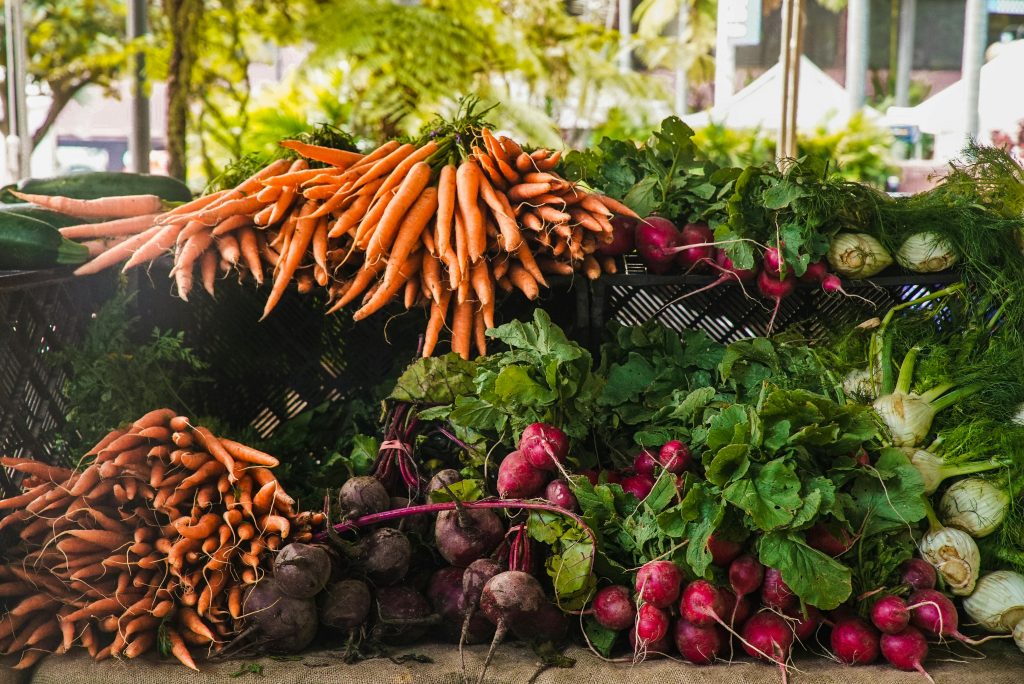In recent years, there has been a resurgence of interest in vegetable gardening as people seek to reconnect with nature, reduce their environmental footprint, and enjoy the satisfaction of growing their own food. Vegetable gardens offer a multitude of benefits, from providing fresh, nutritious produce to promoting physical activity and mental well-being. In this article, we'll explore the joys of vegetable gardening and share tips for starting and maintaining your own vegetable garden.
The Joys of Vegetable Gardening:
- Fresh, Nutritious Produce: Perhaps the most obvious benefit of vegetable gardening is the opportunity to harvest fresh, homegrown produce straight from your garden. Homegrown vegetables are often more flavorful and nutritious than store-bought counterparts, as they can be picked at peak ripeness and consumed immediately.
- Cost Savings: Growing your own vegetables can lead to significant cost savings over time, especially if you plant a variety of crops and maximize your garden's yield. By investing in seeds, soil, and basic gardening supplies, you can produce a bounty of vegetables that would otherwise be expensive to purchase at the grocery store.
- Environmental Benefits: Vegetable gardens contribute to environmental sustainability by reducing food miles, minimizing packaging waste, and promoting biodiversity. By growing your own food, you can lower your carbon footprint and support local ecosystems while enjoying the freshest produce available.
- Physical Activity and Exercise: Vegetable gardening is a physically demanding activity that provides a full-body workout while tending to your garden beds, planting seeds, weeding, watering, and harvesting crops. Engaging in regular gardening activities can improve cardiovascular health, strength, flexibility, and overall fitness levels.
- Mental Health and Stress Relief: Spending time in the garden has been shown to reduce stress, anxiety, and depression, promoting feelings of relaxation, contentment, and well-being. Gardening provides an opportunity to connect with nature, slow down, and engage in mindful activities that soothe the mind and nourish the soul.
Tips for Starting a Vegetable Garden:
- Choose the Right Location: Select a sunny spot with well-drained soil for your vegetable garden. Most vegetables require at least 6-8 hours of sunlight per day to thrive.
- Plan Your Garden Layout: Sketch out a garden plan, taking into account factors such as crop rotation, spacing requirements, and companion planting. Consider using raised beds or containers if space is limited or soil quality is poor.
- Prepare the Soil: Amend the soil with organic matter such as compost, aged manure, or mulch to improve soil structure, fertility, and moisture retention. Conduct a soil test to determine nutrient levels and pH, and adjust as needed.
- Select Suitable Vegetables: Choose vegetables that are well-suited to your climate, growing season, and available space. Consider factors such as days to maturity, frost tolerance, and preferred growing conditions when selecting vegetable varieties.
- Plant with Care: Follow planting guidelines for each vegetable variety, including spacing, depth, and timing. Water newly planted seeds and transplants thoroughly, and provide ongoing irrigation as needed to keep soil evenly moist.
- Mulch and Weed Regularly: Apply a layer of organic mulch, such as straw, shredded leaves, or grass clippings, to suppress weeds, conserve moisture, and regulate soil temperature. Weed regularly to prevent competition for nutrients and water.
- Monitor for Pests and Diseases: Keep an eye out for common pests and diseases that can affect vegetable crops, such as aphids, caterpillars, and fungal infections. Implement integrated pest management strategies, such as crop rotation, companion planting, and natural predators, to minimize damage and reduce the need for chemical pesticides.
- Harvest and Enjoy: Harvest vegetables at peak ripeness for the best flavor, texture, and nutritional value. Use sharp, clean tools to harvest crops, and handle them with care to avoid bruising or damage. Enjoy the fruits of your labor fresh from the garden, or preserve excess harvest through canning, freezing, or drying for later use.
Vegetable gardening is a rewarding and fulfilling hobby that offers numerous benefits for individuals, families, and communities. Whether you're a seasoned gardener or new to gardening, starting your own vegetable garden allows you to reconnect with nature, improve your health and well-being, and enjoy the satisfaction of growing your own food. With careful planning, proper care, and a little bit of patience, you can create a thriving vegetable garden that provides a bountiful harvest for years to come.

